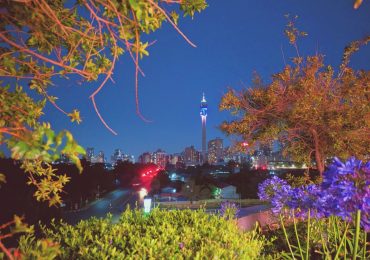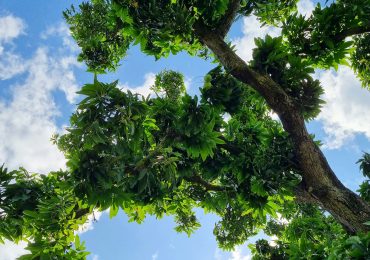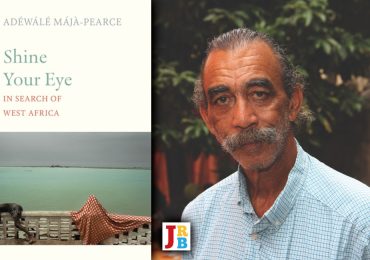The 2023 Booker Prize longlist has been announced, offering ‘startling portraits of the current’.
The thirteen longlisted books explore ‘universal and topical themes: from deeply moving personal dramas to tragi-comic family sagas; from the effects of climate change to the oppression of minorities; from scientific breakthroughs to competitive sport’.
This year’s longlist features writers from seven countries across four continents.
Nigerian author Ayọ̀bámi Adébáyọ̀ is the only African writer on the longlist this year, for her novel A Spell of Good Things, although Malaysian writer Tan Twan Eng spent some years in Cape Town, and his longlisted novel, The House of Doors, is set partly in South Africa.
2023 Booker Prize longlist
- Ayọ̀bámi Adébáyọ̀ (Nigerian) A Spell of Good Things (Canongate)
- Sebastian Barry (Irish) Old God’s Time (Faber & Faber)
- Sarah Bernstein (Canadian) Study for Obedience (Granta Books)
- Jonathan Escoffery (American) If I Survive You (4th Estate)
- Elaine Feeney (Irish) How to Build a Boat (Harvill Secker)
- Paul Harding (American) This Other Eden (Hutchinson Heinemann)
- Siân Hughes (British) Pearl (The Indigo Press)
- Viktoria Lloyd-Barlow (British) All the Little Bird-Hearts (Tinder Press)
- Paul Lynch (Irish) Prophet Song (Oneworld)
- Martin MacInnes (British) In Ascension (Atlantic Books)
- Chetna Maroo (British) Western Lane (Picador)
- Paul Murray (Irish) The Bee Sting (Hamish Hamilton)
- Tan Twan Eng (Malaysian) The House of Doors (Canongate)
Esi Edugyan, chair of the Booker Prize 2023 judges, says:
‘We read 163 novels across seven months, and in that time whole worlds opened to us. We were transported to early twentieth-century Maine and Penang, to the vibrant streets of Lagos and the squash courts of Luton, to the blackest depths of the Atlantic, and into a dystopic Ireland where the terrifying loss of rights comes as a hard warning.
‘The list is defined by its freshness—by the irreverence of new voices, by the iconoclasm of established ones. All thirteen novels cast new light on what it means to exist in our time, and they do so in original and thrilling ways. Their range is vast, both in subject and form: they shocked us, made us laugh, filled us with anguish, but above all they stayed with us. This is a list to excite, challenge, delight, a list to bring wonder. The novels are small revolutions, each seeking to energise and awaken the language. Together—whether historical or contemporary—they offer startling portraits of the current.’
First awarded in 1969, the Booker Prize is open to writers of any nationality, writing in English and published in the United Kingdom or Ireland. The judges this year are twice-shortlisted novelist Esi Edugyan (chair); actor, writer and director Adjoa Andoh; poet, lecturer, editor and critic Mary Jean Chan; author and professor James Shapiro; and actor and writer Robert Webb.
The shortlist will be announced on 21 September, and the winner will be announced in London, UK, on 26 November.
The Booker Prize winner receives £50,000 (R1,175,000). Each of the six authors shortlisted will receive £2,500 and a specially bound edition of their book.





